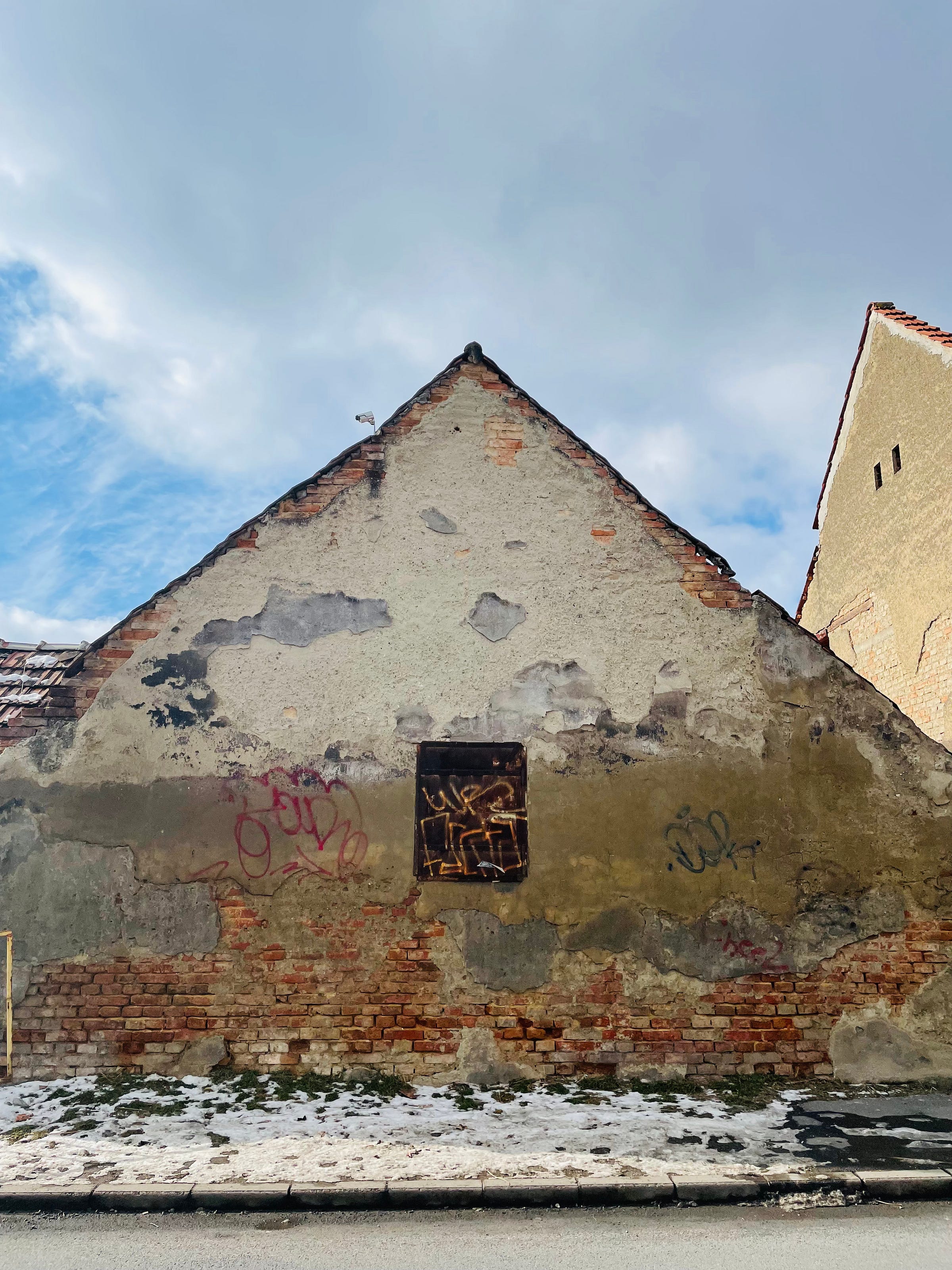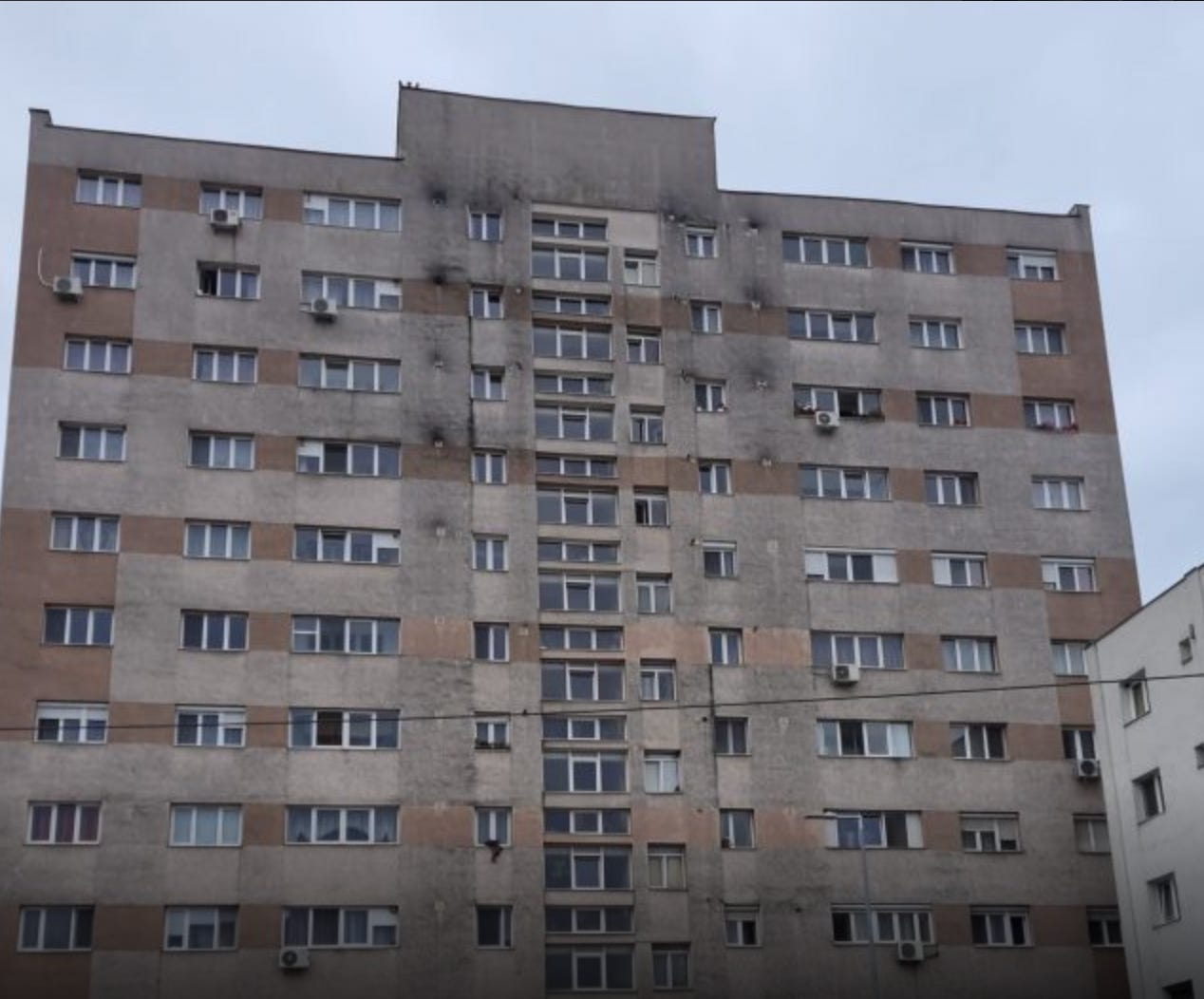Brief Thoughts On (Post-Communist) Places
“The past is never dead. It’s not even past.” W. Faulkner
In this edition
Remembering Post-Communist Places
Romania in the 90’s, brief recollections
Forgetting Post-Communist Places
leaving Romania
Remembering Forward
safety, (self-)care, imagination
Similar to my sabbatical piece that I shared some months ago, I’ve been postponing writing about post-communist places for a while now.
Partly because there was always bitterness and heaviness in my writing when I was describing my time spent in the 90’s in Romania, and post-communist places still feel, to some extent, like a wound. I can’t look at them with compassion.*
When we talk about places, we talk about people. Places shape us, we shape places, it’s a lifelong osmosis. I’ve always been fascinated about the extent of which a place leaves an imprint on us, on our life’s trajectory, and on all the places that we will willingly or unwillingly seek in our lifetime.
*Since writing these sentences I received the sad news about my grandfather’s passing and together with the vortex of emotions that grief entails, I think my feelings towards these places became a little bit more nuanced. Grief is humbling.

Remembering Post-Communist Places
I was born three years after the fall of communism in Romania. I spent my childhood playing with the kids of the neighbours outside “printre blocuri” (between blocks) using our imagination, building our own playgrounds.
It was not a bad childhood, nor a beautiful one. We had water, electricity, heating, there was food in the supermarkets and on the table, something that just some years ago my parents didn’t have.
Although communism was eradicated, we were still living in its shells: its buildings, its (lack of) public spaces, its lack of imagination. I was 14 when I left Romania for the first time on a two-month trip around Europe with the school choir, in 2007, the year that Romania entered the EU. The first time I walked in a city abroad, my body started to relax. I couldn’t believe the beauty around me, the allowance of aesthetics, and pleasure for the eyes.
Forgetting Post-Communist Places
An acquaintance told me recently how fascinated he was by Bucharest and its buildings. Yes, there’s something raw and real about them, I do not deny it. However, architecture is a reminder of the past, which some of us are desperately trying to forget.
“While post-socialist societies tend to silence about their past and identity themselves as modern and European, the Western societies tend to see them as semi-oriental, i.e. different, deficient, dangerous, and exotic.
D. Light argues that travel guides written for Western tourists promote Bucharest’s legacy of communism for the gaze, while local tourism promotion within Romania was focused on pre-socialist tradition and expressed no interest in the communist heritage.”1
I read somewhere that more than 4 million Romanians have emigrated during the 30+ years since the 1989 Revolution. Most of my Romanian friends left the country and are now living abroad: in Germany, in The Netherlands, in the UK, in the US. I left Romania in the autumn of 2015 and I am living now in my fourth country.
I never pondered too much about why I left. Apart from my general answer that I wanted to study in Berlin, I never gave a full answer about what actually made me leave an “easier” life behind. Being an immigrant is not easy. So why subject ourselves to a life of being outsiders, away from friends and family, unrooted again and again? In my case, it was always a matter of longing for new stories, of different and richer input for the eyes (architecture-wise), of a continuous search for something that I don’t really know yet how to define.
Remembering Forward
How do we want places to make us feel in order to stay?
I cannot speak for others because our lives’ trajectories are different, but in my case, I always longed for places that make me feel safe, that feel loved and cared for (nourished and nourishing), and that allow my imagination to wander.
Safety
By “safe” I mean protected to wander. Protected from cars, protected from noise pollution, protected from street harassment . You might say that the latter might be tricky to implement in a city, but if a public space is well-designed, encouraging many people to walk, then street harassment is also considerably lower.
(Self-)care
By “self-care” I mean places which feel nourishing and which are nourished in return by their residents. From regular street maintenance to planting flowers and trees. Active involvement in the “street life”: art installations, weekly food markets, open street dinners, or simply places to sit together and watch the world go by.
How we take care of our public places shows how we take care of ourselves.
I’ve seen a lot of neglected, abandoned buildings in post-communist places, and being very aware that it’s also a matter of money (among many other things), I also think that there is an omnipresent apathy in how we still treat the built environment.
Imagination
What is the input that these places are giving? What stories are we stumbling upon? What can we see beyond the façade?
By “imagination” I mean all the stories that we can gather from a place, all the seen and unseen narratives. An infinite way to see a place.
“We came to see that the search for attachment— to a person, an object, a work of art, an idea—held open the possibility of feeling not alone... of knowing the meaning of expansive connection between self and world.”
– Kay Young (2010), Imagining Minds: The Neuro-Aesthetics of Austen, Eliot, and Hardy
A very brief conclusion (?)
This post was a very short but honest attempt to understand my complicated feelings for post-communist places; more precisely, the places I left behind when I left Romania. I feel that I barely touched the surface of what I was trying to share, and there’s so much more to explore, including happier notes. These places are changing for the better - EU funds are heavily invested in urban design, and in making these places walking and bike-friendly.
But memory is a tricky thing. We often say that we don’t remember what people said, but how they made us feel. I think this is also true about places.
I’ll be flying back to Romania tomorrow, for the funeral, and for the very first time I feel the compassion for these places that I wish I felt before.
Thank you for reading. As always, I welcome your comments, messages, questions.
Onwards,
Patricia
Coping with the Unwanted Past in Planned Socialist Towns: Visaginas, Tychy, and Nowa Huta. https://core.ac.uk/download/pdf/1905693.pdf



